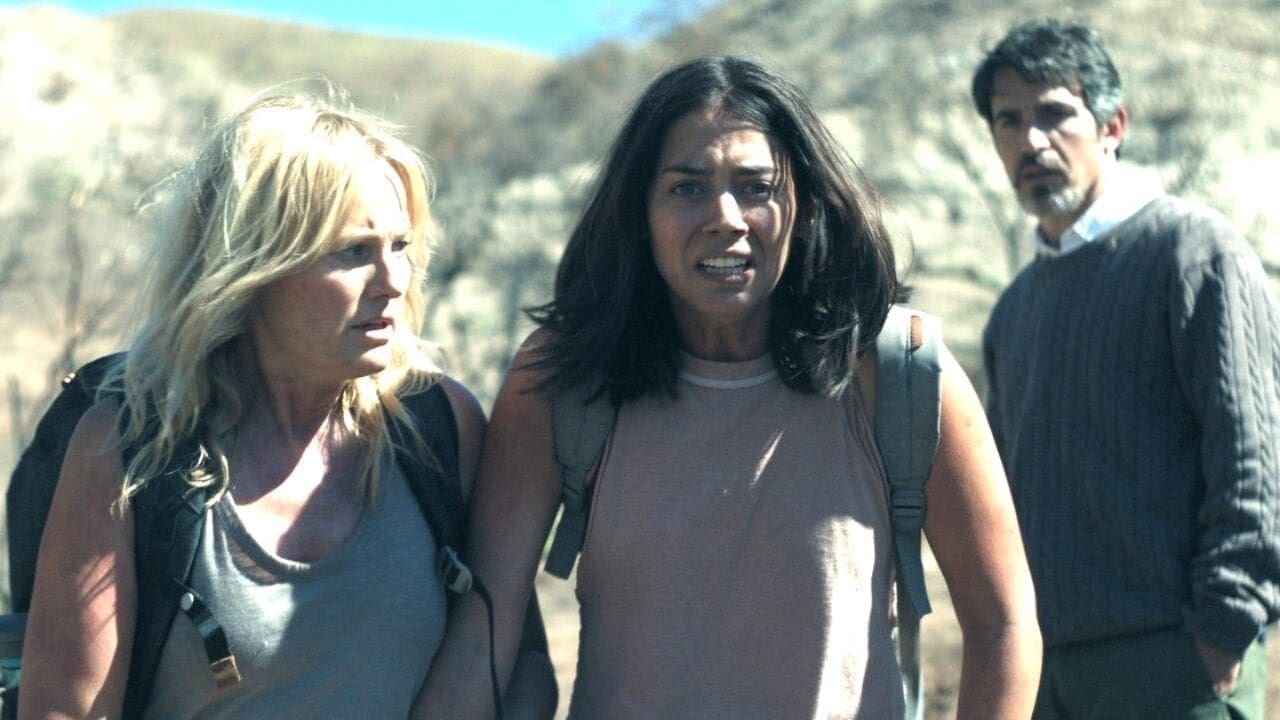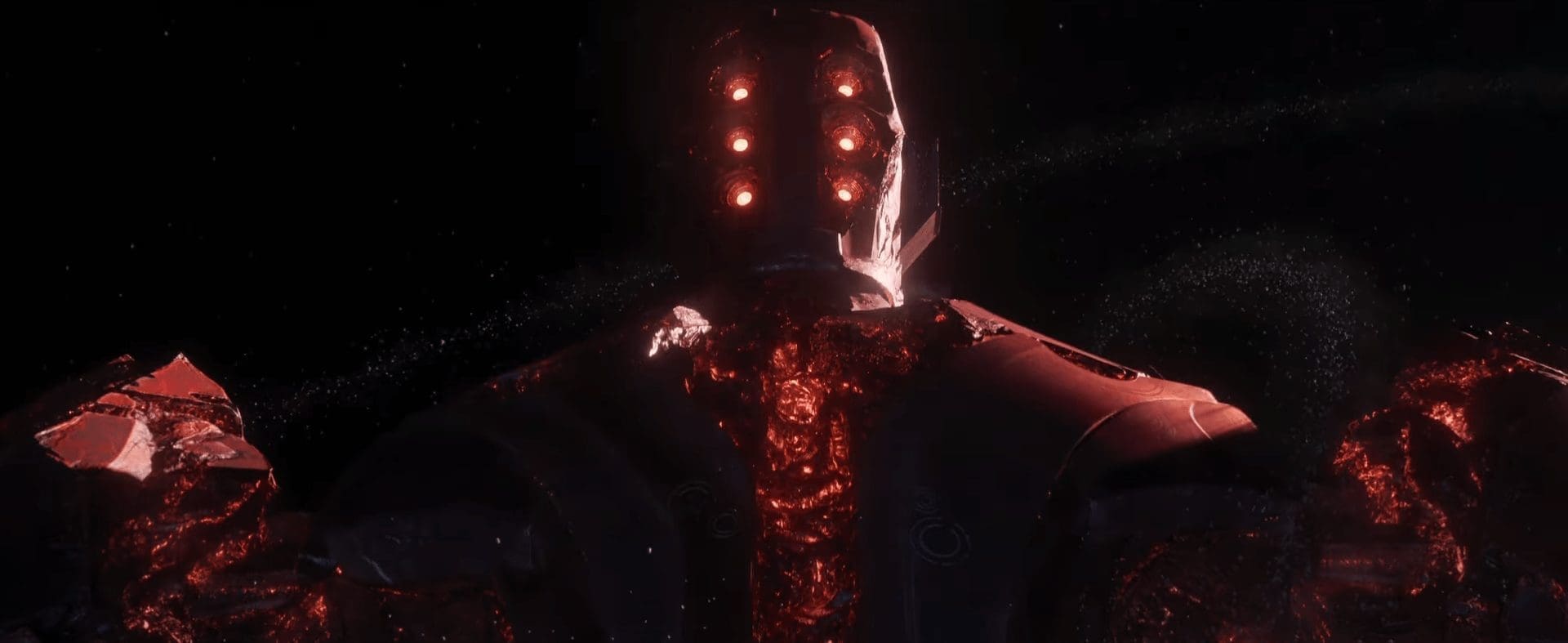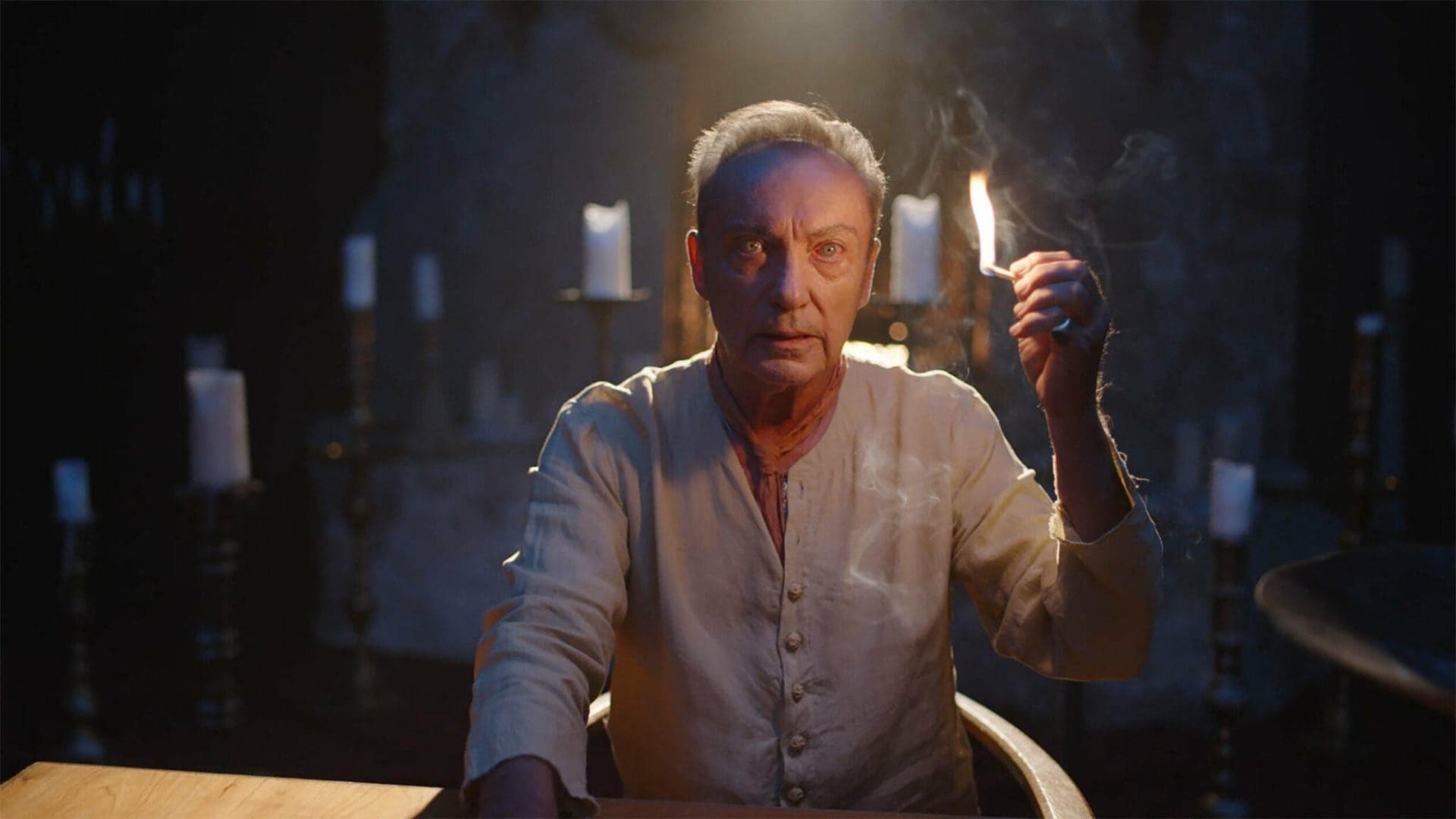An independent farmer taking on the corporate agricultural giant Monsanto (now Bayer) is your classic David vs. Goliath story. That is the premise of the 2004 Canadian Supreme Court case, Monsanto Canada Inc. v Schmeiser, on which this film is based. This precedent-setting case drew the world’s attention as it highlighted many of the complications and ethical concerns surrounding the worldwide paradigm shift away from traditional practices of local farmers over to the corporate patented biotechnology of genetically modified organisms (GMOs). In the public’s eye, this case became notorious for being a quintessential example of a corporate giant using its power and influence to crush the little guy. While this perspective isn’t necessarily unwarranted, the full story is far more nuanced. However, you certainly wouldn’t know that from watching this film.
In the film, Percy Schmeiser (Christopher Walken) is your characteristic country farmer, continuing a family business that goes back generations. He prides himself in being a seed saver, a traditional practice in which the farmer collects seeds from his strongest plants, and saves them for next season’s planting. After a surprise discovery that some canola plants growing on the edge of his land were resistant to the weed killer Round-Up, thinking nothing of it, he harvested these seeds and used them in planting next year’s crop. Percy was later astounded to learn that Monsanto, the agro-tech corporation responsible for engineering the gene which makes canola resistant to Round-Up, was suing him for unlicensed use of their patented technology. Rather than taking the advised route to settle, Percy risked everything to fight the injustice, becoming a reluctant champion for local farmers everywhere. Armed with only the help of his loving wife (Roberta Maxwell), small-town attorney (Zach Braff), and a persistent anti-GMO activist (Christina Ricci) he fights Monsanto all the way to the Supreme Court and becomes part of a much larger movement in the process.
Percy vs. Goliath is a well-made film. Marking a departure from his usual work as an actor/TV director, director Clark Johnson does a good job at bringing the characters to life. About the right amount of drama is added to keep us invested, without feeling over the top or distracting from the (quasi)true events. I was surprised by some of the casting choices but ultimately found them to be the shining highlights. Christopher Walken tailors his quirks to embody a local, sympathetic farmer quite masterfully and I love the uniqueness he brings to this role. The other big surprise was Zach Braff whose dynamic take on the small-town lawyer I really enjoyed. Finally, I was rather pleased with the part of Percy’s wife, Louise. Too often the role of the token wife is underdeveloped in these biopics, rendering the character either an annoyance or just useless. Here she felt more like part of the story as she experienced the events with Percy and helped enrich his character. Props to Roberta Maxwell for helping to make something out of this tough role.
Where the film fails is storytelling. The controversy at the center should play the most important role, but it often feels underexplained. For a film premised on a famous court case, we also spend shockingly little time in an actual court. Sadly, these narrative failings make a lot of sense when we realize most of what’s depicted here is a drastic oversimplification at best or just pure fiction at worst. There is much about this trial that is unknown to most people. Yet, instead of using this opportunity to elaborate on the little-known nuances, we get the embellished one-sided cliff-note version that already exists in the minds of the general public.
The real-life Percy Schmeiser was never able to adequately explain how the patented plant wound up on his land, or how it then came to make up 98% of his canola crop. The case was less about accidental contamination and more about what Percy knowingly planted. While it may have started out as David vs. Goliath, ultimately he didn’t just attract the attention of a single plucky activist but had the entire anti-GMO movement behind him – a movement that isn’t just looking out for farmers but is rabidly anti-science in its unequivocal condemnation of GMO technology. Percy was not a reluctant activist, rather a very aggressive one, and embraced his role as a poster child for this cause. Percy also wasn’t just a lowly country farmer. In addition to his farm, he also owned two equipment dealerships. The only thing truly at stake was the fate of his GMO crop/seed and he was never on the verge of financial ruin. Essentially, Percy’s entire characterization is a complete fabrication designed to garner unquestioning sympathy from the audience and paint Monsanto as a soulless corporation that just wants to crush him.
It’s unfortunate because while that’s an oversimplification, the perspective isn’t inherently wrong. Monsanto is a predatory company and it’s undeniable that aggressively enforced patents on GMO crops have harmed countless local farmers. It’s even fair to adopt that perspective here because, regardless of the extent to which the real Percy may be partially culpable, he still has a point. The film could have still painted Percy as a sympathetic character without erasing all nuance.
As mankind continues to make technological advancements that improve upon tradition, how we advance the new paradigms, and who gets left behind when we do, is an ever-present existential struggle we as a species must confront. It’s that inherent struggle that’s at the core of Monsanto Canada Inc. v Schmeiser. It is precisely this dilemma that makes the case so intriguing. Monsanto actually has a strong case too, and a braver film wouldn’t have been afraid to present it. That is what’s most disappointing. Percy vs. Goliath isn’t a bad film, and the message it’s sending would have value, but not in the disingenuous way it’s being presented.
About Percy vs. Goliath
Synopsis: Small time farmer Percy Schmeiser takes on the corporate giant Monsanto after they sue him for using the seeds of a patented GMO crop he found on his property.
Director: Clark Johnson
Writers: Garfield Lindsay Miller, Hilary Pyror
Stars: Christopher Walken, Christina Ricci, Zach Braff, Luke Kirby, Adam Beach, Martin Donovan, Roberta Maxwell, Peter Stebbings
Rated: PG-13
Runtime: 1 Hour, 40 Minutes
I am an ASU honors graduate with bachelors in Political Science and Philosophy. I work as a Paralegal by day and enjoy casual, volunteer, and sometimes freelance writing on the side. I'm a long time movie buff and avid gamer. Collectible card and board games are my specialty. I also remain actively engaged in the world of politics and like to stay up to date on all things science. If there is one goal I have in life it is to never stop learning.




























